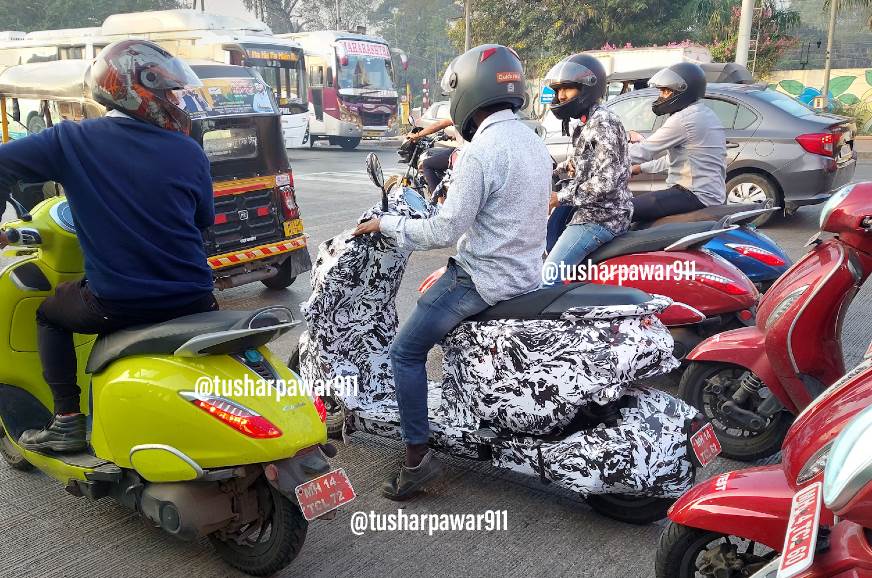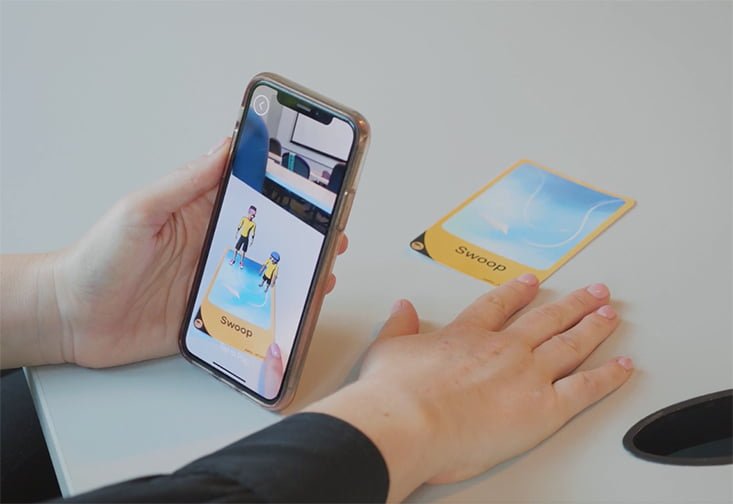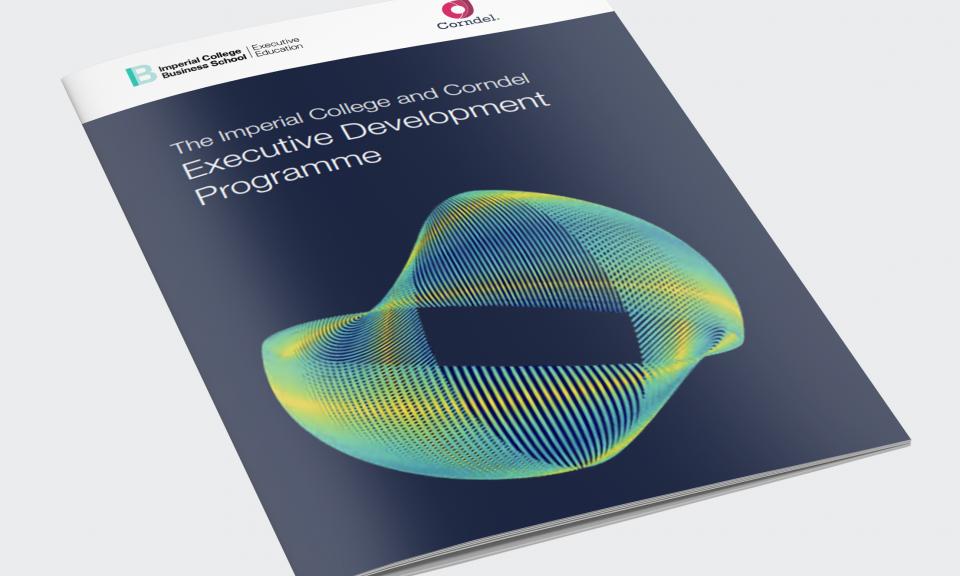
What are the things you’d expect to bring back from a study-abroad trip — memories of friendships forged, a precious certificate, trinkets and souvenirs? For many students, though, the most precious takeaways are intangible — a cookbook with recipes from all around the world, each contributed by a different classmate; a habit of recycling that you refuse to abandon; sometimes even a renewed determination to always wear a sari to special events.
We talked to five students, some of whom are back and some who are still making new memories abroad, about the more precious things they have gained, learned or changed in their time in an overseas classroom.
Saying no to casual sexism
Yatish Mehta, 27, studied his masters in computer science at the North Carolina State University in the US, and it changed forever how he interacted with women.
“I realised that casual sexism was so rampant that many of us didn’t even realise we were being rude or inappropriate,” he says. It started when, at a gathering, he stood up to speak and began with the colloquial ‘Hey guys’. “A woman pointed out that maybe I shouldn’t use the word ‘guys’ and I realised she had a point,” he says.
As head of the university’s Indian students’ association, Mehta began including cultural gender-sensitivity pointers in the webinars they hosted for incoming students.
“Little things like… when you’re asked about your finances you say ‘My dad is handling it’ even though your mom is working too,” Mehta says. “When it came to casual sexism and racism, my attitude became very nuanced. I realised that it was not okay to pass things off as a joke.”
I remember my father teaching me as a kid, how to use the toolbox – the right side was to tighten the nut, the left to loosen it – but not my sister.” Mehta’s first move was to call his father, who stays in Pune, and tell him to take a ‘Mechanix’ or Lego set, instead of a doll, as a gift for his six-year old niece. “And not just gift it, but sit with her like he sat with me and teach her what a spanner was, or how a screwdriver worked.” We have to stop giving one set of skills to the boys and another to the girls when they are kids, to properly answer the question of women in technology, or any other sector.
Getting involved

Advocate Akanksha Chauhan, 23, went to the Osgoode Hall Law School in Toronto as part of an exchange programme with the Jindal Global Law School in Haryana.
There, she studied with a mixed set of peers from Israel, Germany and Italy, among other countries. “You are forced to be liberal, in the sense that you learn to accept people’s opinions without necessarily fighting back,” she says. A friend from Ireland had extreme views on abortion, for instance. Back home, Chauhan would have argued with her, but she had new insight and began to appreciate how different cultural contexts can mould opinions.
One thing that became clear, she says, was that Indians cared too little about gay rights. “Even liberal Indians tend to ignore the issue of LGBTQ rights until someone close to them comes out of the closet,” she says. “An obvious example is the fact that hijras still have to struggle to integrate.”
This realisation prompted her to become more proactive herself. Upon her return to India, when a friend and AIDS-awareness activist said she was having her associate, a member of the hijra community, over for dinner, Chauhan asked if she could drop by too. “We spent the evening in interesting conversation,” she says.
She also became more aware about casual littering, and waste management. “I just cannot litter anymore,” she says. “And I ensure that the waste at home is segregated.”
Recipes from around the world
Kunal Purohit, who is pursuing a Masters in Developmental Studies from the School of Oriental and African Studies, University of London, cooked for the first time when he had no other option. “And I realised that I love it. I love cooking, and hosting my friends for dinners,” he says.
His new hobby, he adds, is helping him understand world cuisine better. “I now see that one dish, with the same or similar ingredients, can be perceived differently in different parts of the world.”
Ethiopian cuisine, which sounds exotic, is similar to Indian cuisine. “Their Berbere-spiced Ethiopian Wat tastes very similar to the chhole back home.”
He now gets together with his Italian, Spanish and Palestinian friends to exchange notes on recipes, cooking each other’s cuisines together. “I still haven’t made those dishes independently, but I have incorporated elements of their styles in Indian food and it really works.”
His Italian friend, he noticed, puts the spices in at the end of the cooking process, which he thought was different than Indian preparations where it’s added at the start, but it actually enriches the taste. “Now, say I want to cook burnt garlic noodles, I will be sure to add the garlic at the end, for a richer, distinct flavour.”
Dressing like an Indian
When Rajvi Desai moved to the US for a Bachelors in Journalism and Politics in 2013, she, like many urban Indians, dressed casually in western clothes . “I never found a reason to assert my Indianness and was happy fitting in.”
During the course, she travelled to Ghana for a few months. “The people there are really proud of who they are,” she says. “And I realised how important it was to express your identity on the world stage.”
This trip reminded her, she says, that even as she integrated and learnt and made new friends, she was out there representing India and there was much to represent. “There is so much to showcase when it comes to India, and the trip made me realise that I should do so tangibly to my Western friends,” she says. “Small things, like wearing a sari or salwar-khameez at special events, even if it doesn’t fit as work-wear here. Or, ensuring that all my friends get a taste of authentic Indian cuisine. I now make sure to express my pride.”
Not just chopsticks
Aishwarya Balwani, 22, was in China, at the Shenzhen campus of the Georgia Institute of Technology, as part of her masters in electrical and computer engineering. During her time there, began to eat like the Chinese do, with chopsticks. But she also picked up the Chinese habit of walking, working out and playing sports. “Locals go on a lot of treks, they walk a lot,” she says. “I started to feel so lazy seeing them on their feet all the time.”
After a year in China, she returned to Georgia where she is pursuing the remainder of the course, and she has continued to work out and play sports regularly, mainly soccer and tennis, in the local park. “An Indian hardworking techie might be glued to his desk all the time, but in China, because of their education, everyone plays at least one sport,” she says “and they carry this attitude into their adulthood. Now, not only me, but all of us Indians who were there have included physical fitness as part of our daily lives.”
[“source=hindustantimes”]














